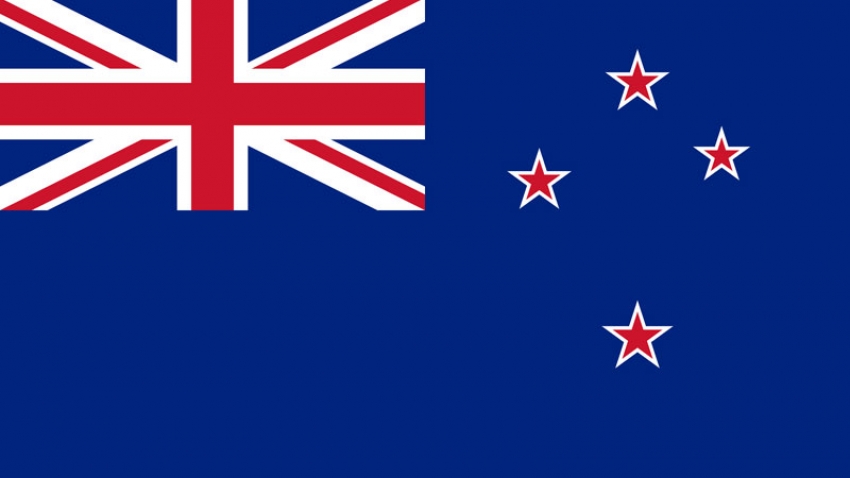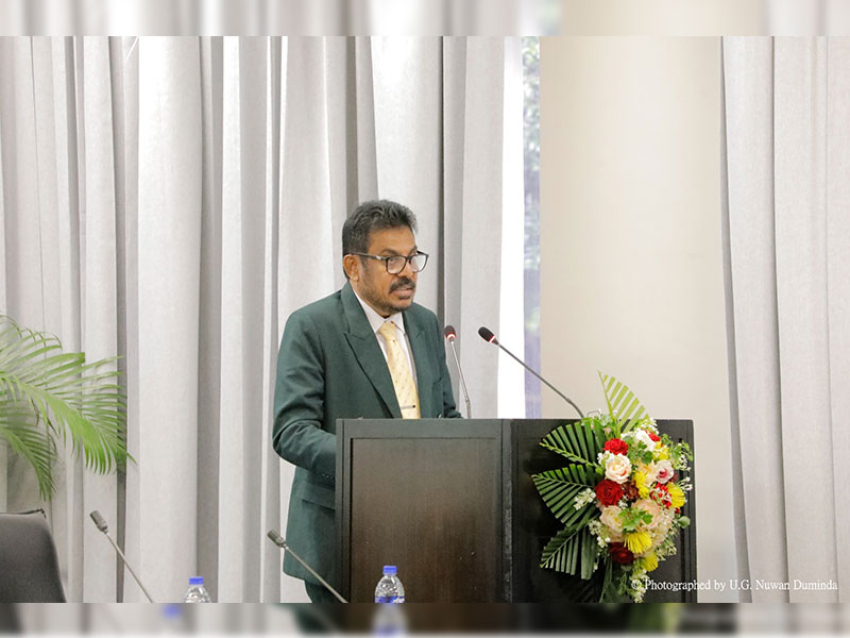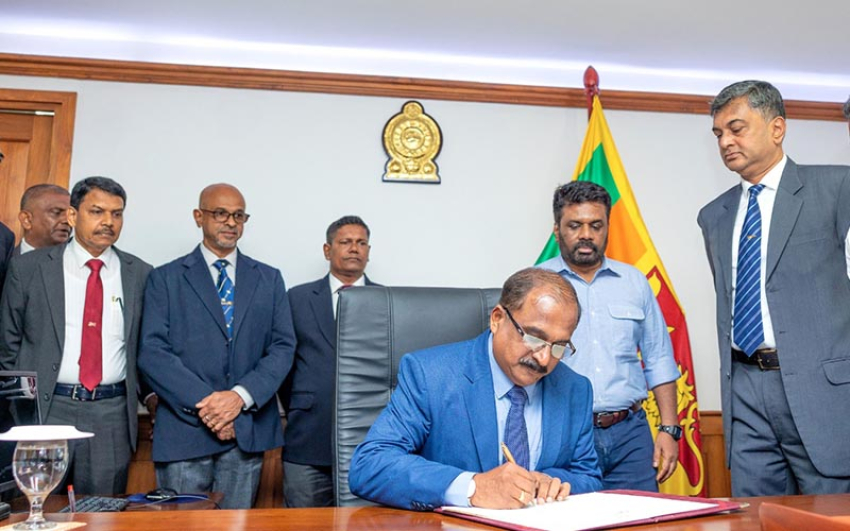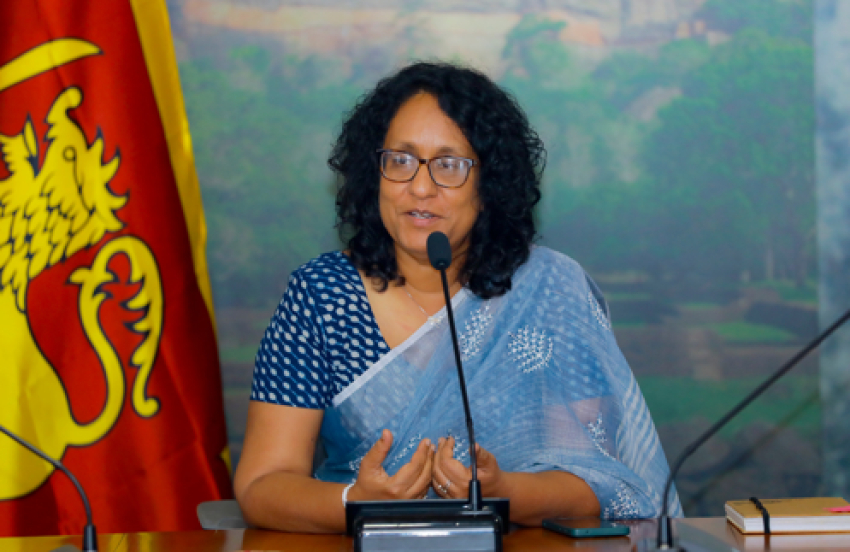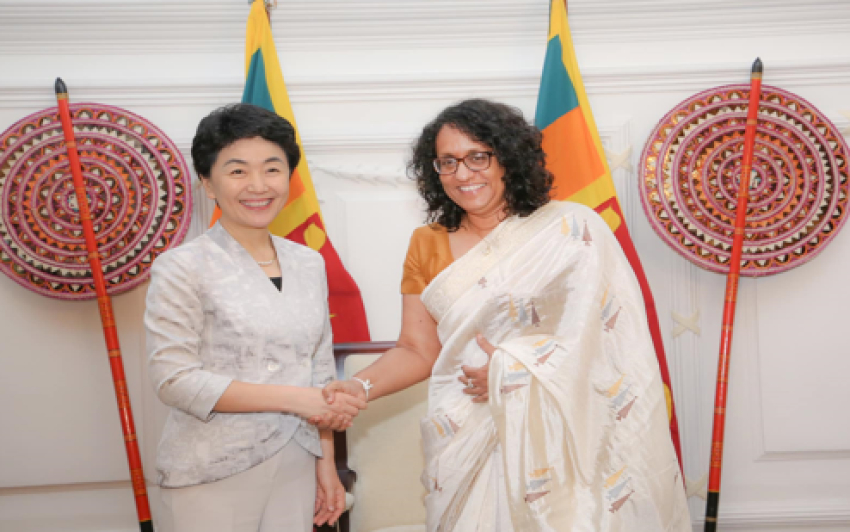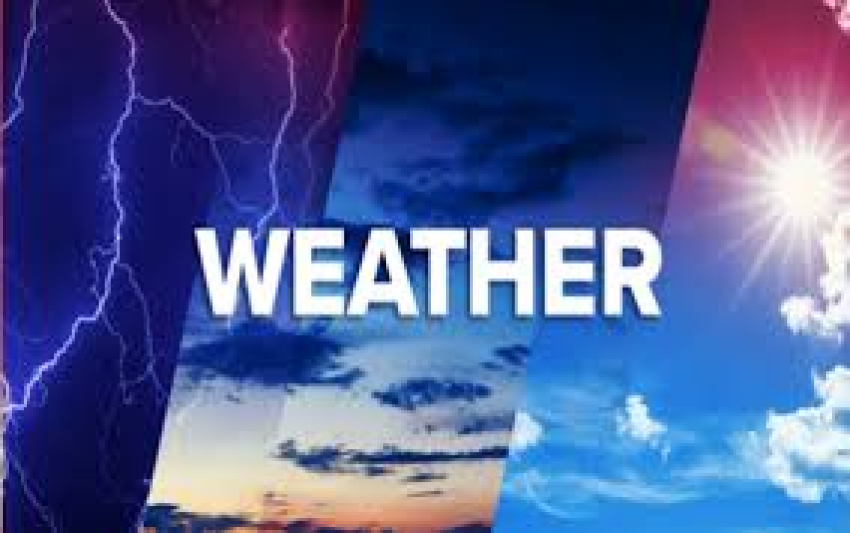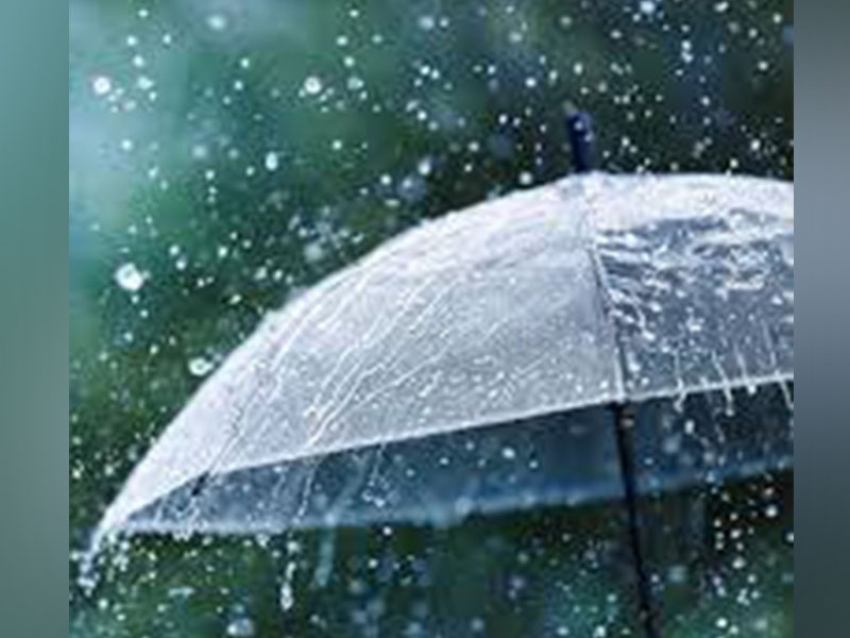It further add follwing:
Exercise a high degree of caution in Sri Lanka. Following the 21 April terrorist attacks, a State of Emergency is in place and night-time curfews can be imposed with short notice. Pay close attention to your personal security at all times. Monitor the media and other sources about safety and security risks. See Safety and security
A terrorist attack could happen anywhere, at any time, including in places visited by foreigners. Security has increased across the country following the terrorist attacks that targeted prominent hotels and churches in the cities of Colombo, Negombo and Batticaloa. These attacks killed over 250 people and injured over 450. See Safety and security
Security forces maintain a visible presence, particularly in the Northern and Eastern Provinces. Military and police checkpoints are sometimes established and roads closed without warning. See Safety and security.
Security has increased at Bandaranaike International Airport. Follow the local authorities’ advice and monitor the media for updates. See Safety and security
There is the potential for civil unrest and violence against people and property. Avoid all demonstrations and large public gatherings, as they may turn violent. Monitor local media for updates. See Safety and security.
All regions of Sri Lanka experience outbreaks of dengue fever. In 2018, there were 51,659 suspected cases of dengue fever reported. Protect yourself from mosquitos. See Health
In the Northern and Eastern Provinces, stay on main roads and pay close attention to signs warning of landmines. See Safety and security
Pay careful attention to your visa type. You could be detained or deported if you don’t comply with your visa conditions.

